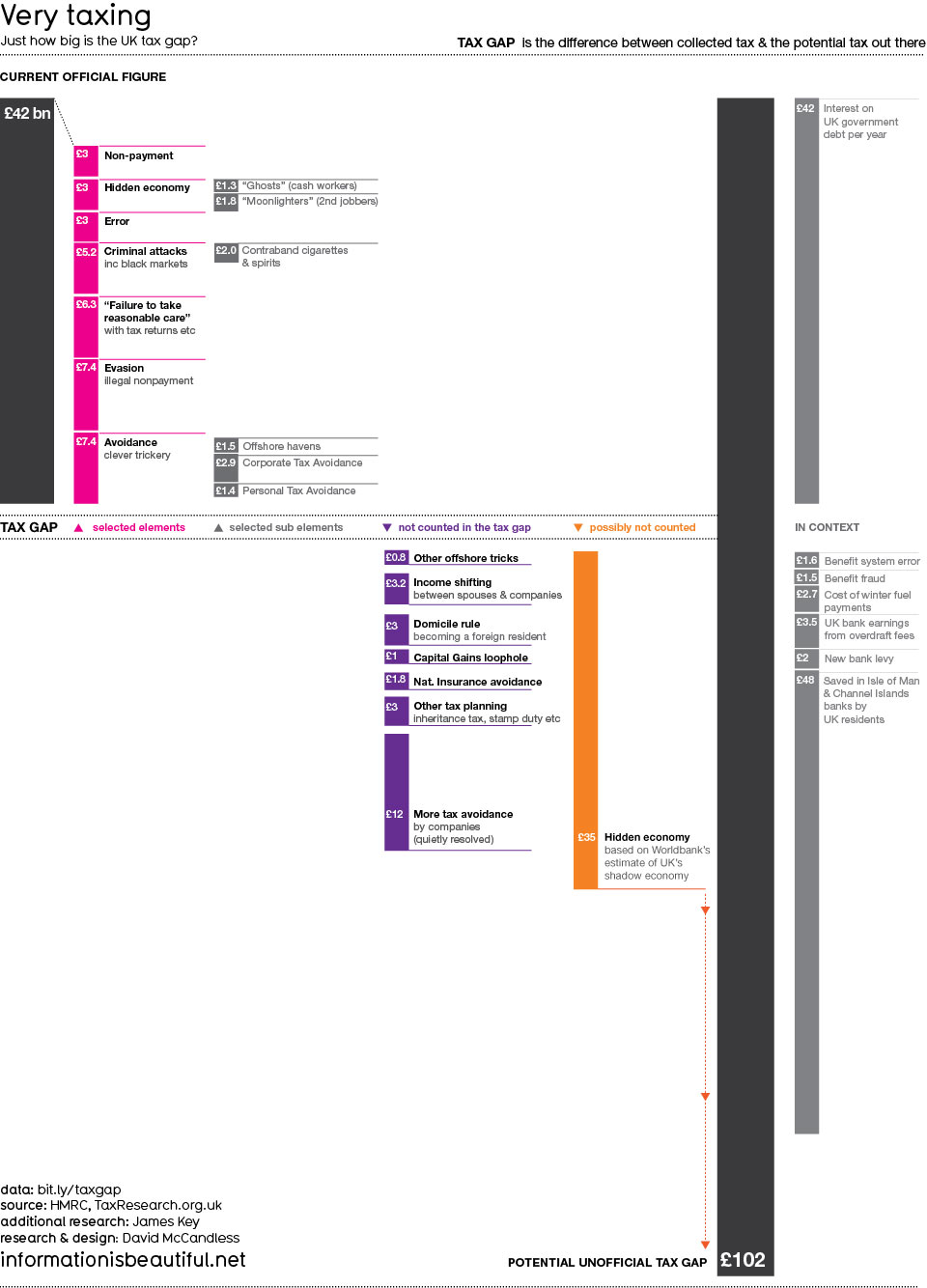We’d like to remind Forumites to please avoid political debate on the Forum.
This is to keep it a safe and useful space for MoneySaving discussions. Threads that are – or become – political in nature may be removed in line with the Forum’s rules. Thank you for your understanding.
📨 Have you signed up to the Forum's new Email Digest yet? Get a selection of trending threads sent straight to your inbox daily, weekly or monthly!
A lifetime of tax
WaxiesDargle
Posts: 1,062 Forumite
in Cutting tax
What would be the total tax paid of the average earner if they had worked all their life til retirement...say from 16 -65
Also include rates/council tax in the equation...lets say you had your own house from aged 25
I know its a difficult one because of different circumstances
just curious
Also include rates/council tax in the equation...lets say you had your own house from aged 25
I know its a difficult one because of different circumstances
just curious
0
Comments
-
Interesting question, not as much as you think is probably the answer!Thinking critically since 1996....0
-
the government spends about 40% of gdp so pretty easy to work out.0
-
What would be an interesting comparison is the average working contribution to the average persons take from the state.
I am guessing that 95%+ of people would have a lifetime deficit.Thinking critically since 1996....0 -
somethingcorporate wrote: »What would be an interesting comparison is the average working contribution to the average persons take from the state.
I am guessing that 95%+ of people would have a lifetime deficit.
How would you work out what the average person takes from the state? If you're referring to things like benefits then that would be reasonably easy, but what about use of the NHS, travelling by road and rail, emergency services, armed forces, and a myriad of other things that are paid for out of the public purse?0 -
How would you work out what the average person takes from the state? If you're referring to things like benefits then that would be reasonably easy, but what about use of the NHS, travelling by road and rail, emergency services, armed forces, and a myriad of other things that are paid for out of the public purse?
With great difficulty!
As a really (really!) crude method you could take the total government spend and divide it by the population for each year. So an average spend per person of the population.
It would be interesting to see how much tax income from businesses and other non-income tax related tax revenue support the average Joe on the street through their lifetime.Thinking critically since 1996....0 -
somethingcorporate wrote: »With great difficulty!
As a really (really!) crude method you could take the total government spend and divide it by the population for each year. So an average spend per person of the population.
It would be interesting to see how much tax income from businesses and other non-income tax related tax revenue support the average Joe on the street through their lifetime.
the benefit from business to the average joe is obviously zero as a company's income must come from the average Joe0 -
But companies provide services and products for the revenue they generate. It's not just a tax money-go-round between businesses.Thinking critically since 1996....0
-
Here are some attempts to illustrate the changes:
[This "flower" chart is the best illustration (sorry it is interactive so you have to click it yourself); however does it cover EU spending on our behalf and all local authority spending not to mention the subsidies we pay to the Celtic fringes? The government borrowing from the future is not there except in the form of interest payments. No PFI and other obligations such as the non fossil fuel levy ? Then we can start thinking about the taxation by inflation (ie the enforced gap between interest rates and the rate of inflation) How about those departments that have been hived off as "agencies" and now charge for what used to be free (eg planning permissions and building regulation fees, parking fees, drugs, tolls, the list goes on and on). - we could go on to debate other commitments to the future (mainly unfunded pensions).]
http://www.guardian.co.uk/news/datablog/2010/apr/25/uk-public-spending-1963 0
0 -
So we still have a fairly massive spending gap/additional borrowing requirement :
 0
0 -
instead of interesting comparisons and clapton saying it's easy to work out...can anyone give an answer?

cheers0
This discussion has been closed.
Confirm your email address to Create Threads and Reply

Categories
- All Categories
- 352K Banking & Borrowing
- 253.5K Reduce Debt & Boost Income
- 454.2K Spending & Discounts
- 245.1K Work, Benefits & Business
- 600.7K Mortgages, Homes & Bills
- 177.4K Life & Family
- 258.8K Travel & Transport
- 1.5M Hobbies & Leisure
- 16.2K Discuss & Feedback
- 37.6K Read-Only Boards


